Many people have an affinity for disabled animals, but caring for them can be a challenge. Such creatures can require more care and cost, especially those missing limb s. Even though low-cost 3D printers are nearly ubiquitous, not everyone is an engineer or skilled enough to design prosthetics for animals. Fortunately, the University of Nebraska-Lincoln is training a new generation of engineers. Abby Smith, Harrison Grasso, Jaden Schovanec, Rachael Stanek and Alexandra Jensen, students in Biological Systems Engineering (BSEN) 470 and BSEN 480 classes at the university, put to the test much of what they learned to create a prosthetic for a three-legged cat named Olive. Assistant professor Beth Galles, who fostered Olive before ultimately adopting her. Image courtesy of Craig Chandler | University Communication. They were grouped together after completing a survey of their career goals and engineering interests, one which was prosthetics. The team was assigned a project conceived by Beth Galles, an assistant professor of practice with the Professional Program in Veterinary Medicine. Their challenge: design and create a prosthetic that was adjustable, removable, non-toxic, and cost less than $100 to produce. Over the next several months, the students refined their designs and simplified them. They […]
Case Study: How PepsiCo achieved 96% cost savings on tooling with 3D Printing Technology
Above: PepsiCo food, snack, and beverage product line-up/Source: PepsiCo PepsiCo turned to tooling with 3D printing...

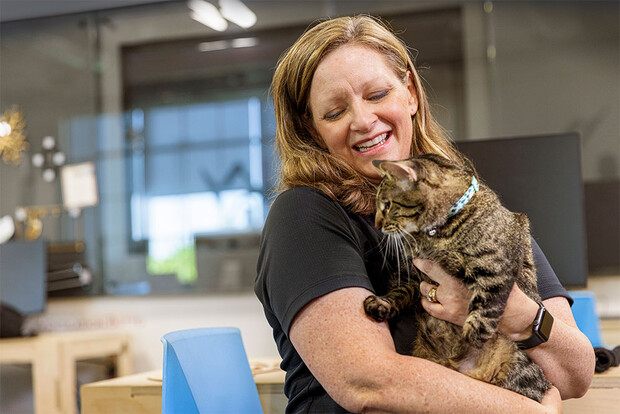

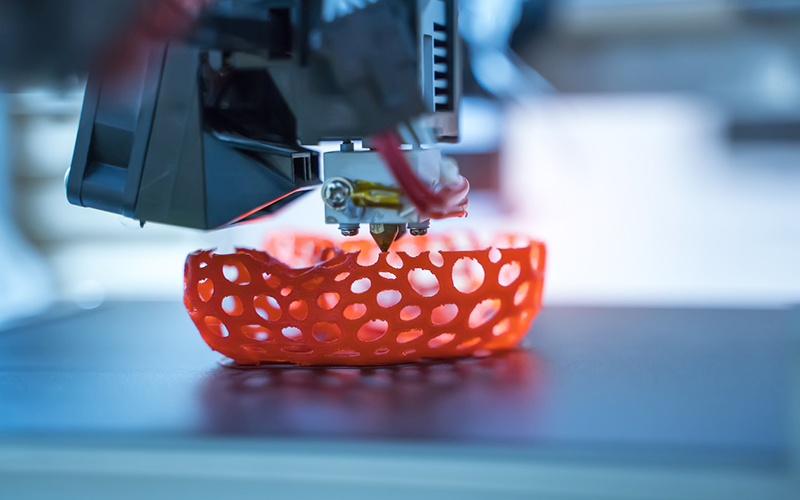

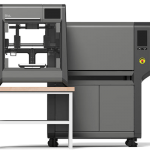
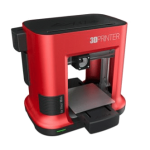

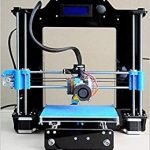
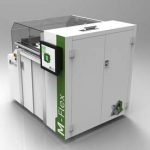




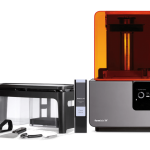

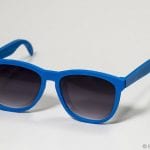
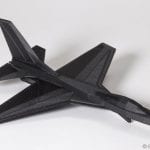
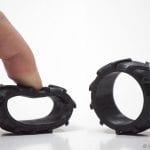
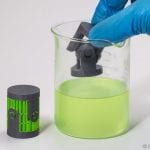
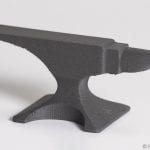

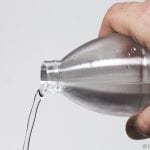

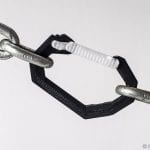
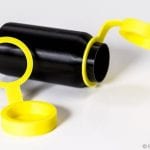
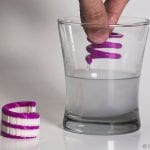



0 Comments